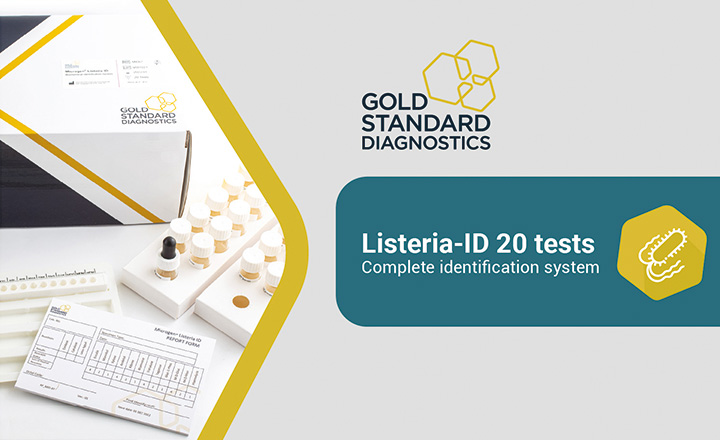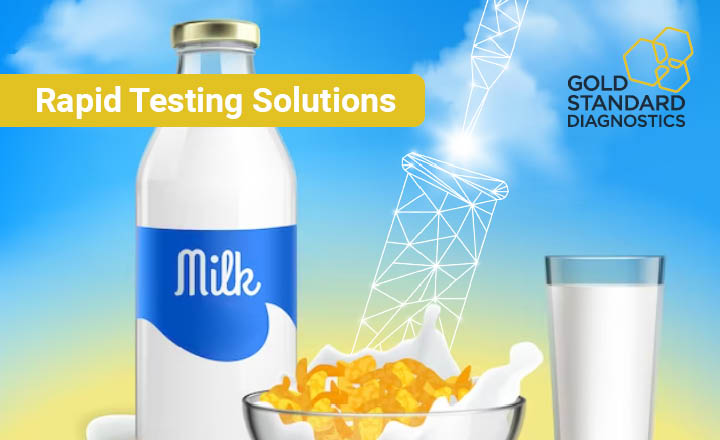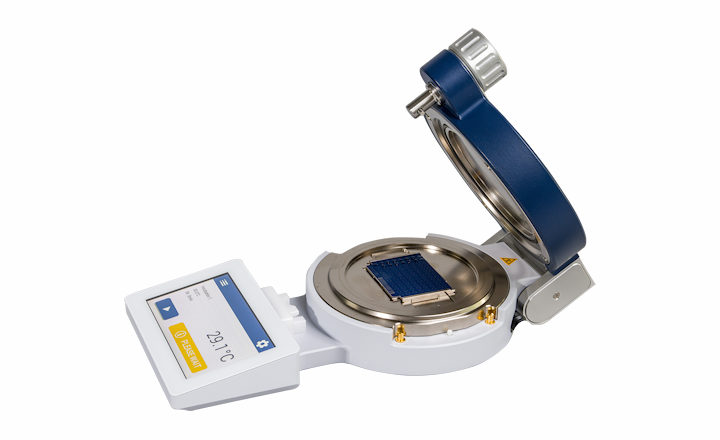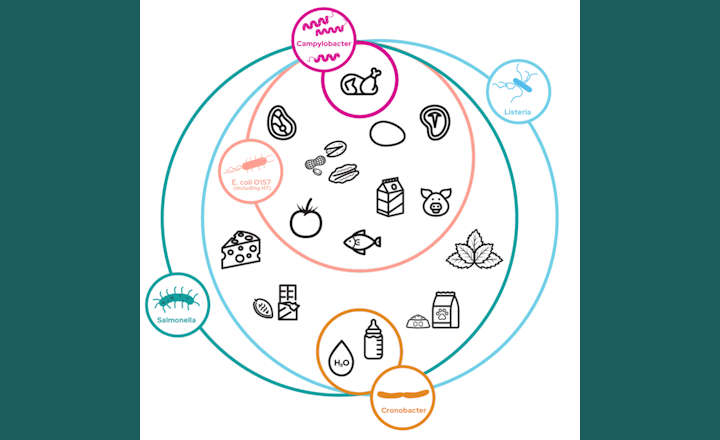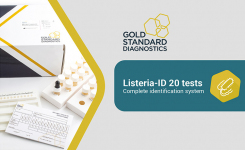At the recent 27th European Congress of Clinical Microbiology and Infectious Diseases (ECCMID), Bruker introduced important new clinical microbiology assays and consumables kits to further enhance the MALDI Biotyper® (MBT) platform. Bruker introduced novel, real-time PCR assays and kits for fast molecular testing of invasive aspergillosis and carbapenem resistance.
The new MBT STAR®-Carba IVD kit expands the MALDI Biotyper workflow beyond accurate and very broad microbial identification to additional fast functional testing of resistance against selected antibiotics of high clinical relevance. The MBT STAR-Carba IVD kit is the first validated diagnostic assay for mass spectrometry-based resistance testing on the market. It offers rapid turnaround time, and also gives information on the resistance mechanism. Independent of the resistance gene(s) involved, this novel assay detects the bacterial antibiotic resistance mechanism, e.g. the degradation of carbapenems, from isolates or from positive blood cultures. Specifically, the MBT STAR-Carba IVD assay is testing against carbapenem-resistance in Gram-negative bacteria, thus addressing a currently urgent healthcare problem. The MBT STAR-Carba IVD Kit and Software Module for the automated data interpretation are labeled according to EU directive EC/98/79. Bruker is planning to further expand the portfolio of MBT STAR assays in the future for the detection of additional resistance mechanisms.
Bruker also announced important enhancements for routine MALDI Biotyper microbiology fast identification workflows, including a MBT Mycobacteria IVD Library and Software Module, labeled according to EU directive EC/98/79, which make mycobacteria identification available for clinical diagnostic purposes. The new library covers 164 out of currently 180 described mycobacteria species, and it is by far the most comprehensive library for MALDI-based mycobacteria identification on the market.
For research use only, Bruker is further broadening its application portfolio of the MBT Subtyping Module. This MALDI subtyping module now also enables the automated differentiation between Mycobacterium chimaera and Mycobacterium intracellulare, and between the pathogenic Listeria monocytogenes and other Listeria species.
Professor Dr. Sören Schubert from the Max-von-Pettenkofer Institute at the Ludwig-Maximilians University in Munich, Germany stated: "I am impressed by the continuous innovations that Bruker offers on the MALDI Biotyper platform. The new diagnostic MBT STAR-Carba IVD assay is of significant clinical relevance, because carbapenemase producing bacteria are a growing healthcare concern and rapid, functional analysis is very important. This novel assay for rapid resistance testing for selected antibiotics can be run on the same MALDI Biotyper platform which has been successfully used for identification of bacteria and fungi in the microbiological lab. This is yet another milestone for the broad introduction of MALDI-TOF technology into clinical routine microbiology."
Moreover, Bruker introduces two novel CE-IVD marked, real-time PCR assays from its recently established Glasgow molecular testing branch:
- The new Fungiplex® Aspergillus multiplex, real-time PCR assay in less than 2 hours from extraction identifies the most common pathogens associated with invasive aspergillosis, providing rapid results with high sensitivity and specificity, and without the need for any culture. For this assay, DNA can be extracted from whole blood, serum, plasma and bronchoalveolar lavage (BAL), so that the Fungiplex Aspergillus assay can support clinicians in providing an earlier diagnosis of invasive aspergillosis in order to improve patient outcomes, or alternatively reduce the cost of unnecessary anti-fungal drugs.
- The new Carbaplex® assay is a multiplex, real-time PCR assay that detects and differentiates the most important carbapenemase gene families, namely KPC, NDM, VIM, IMP and OXA-48-like, in less than 3 hours from extraction. The assay is validated against DNA extracted from rectal swabs with no need for any culture. The test can also be used to identify these genes from isolates as a confirmatory test. The Carbaplex assay offers the potential to rapidly identify colonization and improve patient management decisions.






